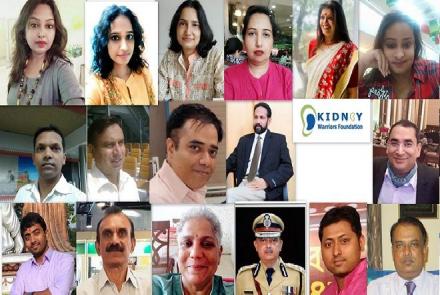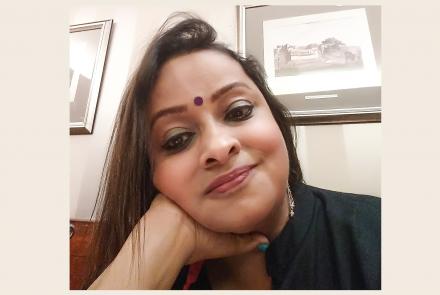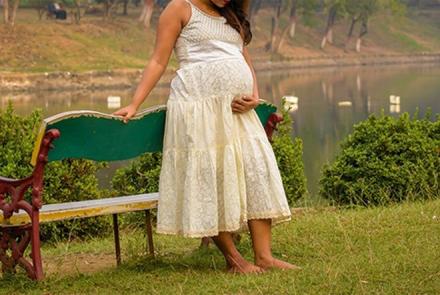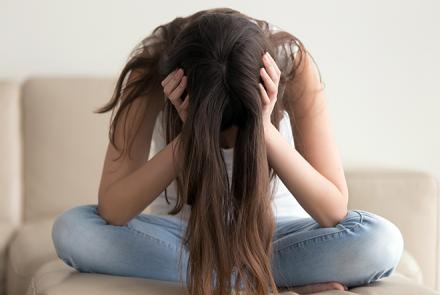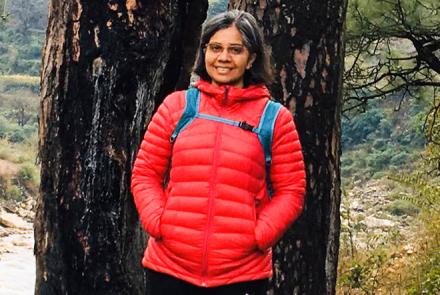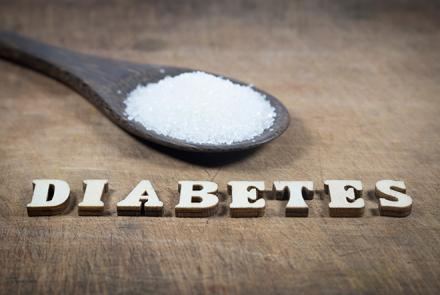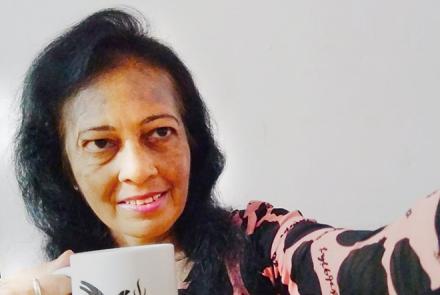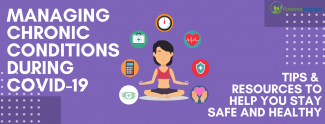
A handy list of resources for living with the coronavirus and managing your chronic conditions. Just look for your condition below. If you don't find what you are looking for, please leave a comment and we will get back to you.
We must live with Covid-19 pandemic for a while. For people with chronic conditions like diabetes, hypertension, chronic kidney disease, rheumatic conditions, pulmonary conditions, it is even more essential to manage these conditions better. For e.g. a person whose blood sugars are under control is better equipped to deal with the coronavirus infection.
As we prepare for the easing of restrictions, we must be aware of the risks of infection associated with it and mitigate these risks by practicing safety guidelines viz. mask hygiene, regular washing and sanitisation of hands, and maintaining safe distance at all times.
We must also recognise that we cannot delay seeking help and treatment of our chronic conditions, and seek out the doctor. The process of these has changed in some places. While some places have started OPDs, most still require that you first connect and consult with the doctor through telemedicine. If the doctor advises you to go for tests or go see the doctor in person, please go ahead and not delay diagnosis and treatment. Do not let your fear of Covid-19 risk overtake your need for timely care.
We have also compiled resources for various conditions. Click on the topics you are interested in to get a detailed understanding of your specific condition. If you have specific questions, you can ask in our discussion forums or contact us at https://www.patientsengage.com/contact
Cancer
1. How to manage cancer treatment during Covid-19 by Dr. Vinay Deshmane, Consultant in Surgical Oncology & Breast Diseases and Medical Director and Jnt. Hon secretary of the Indian Cancer Society. Link to the webinar recording.
2.Also, here is the link to the key notes from the recording of the above webinar
Diabetes
1. How to live well with Diabetes during Covid-19 by Dr. Debashis Basu, Diabetes Awareness and You
2. How to manage diabetes during Covid-19 lockdown by Dr. Piya Balani Thakkar. Summary of her webinar recording
2a. How to manage diabetes during Covid-19 lockdown by Dr. Piya Balani Thakkar. Link to the webinar recording
Dementia
1. Dementia Home Care, the COVID-19 infection risk, and Lockdown/ Unlock challenges
This is a good resource to track the impact of the changes due to lockdowns and re-opening of cities and areas and how it impacts dementia care and even elder care. Useful tips for family caregivers of persons with dementia.


